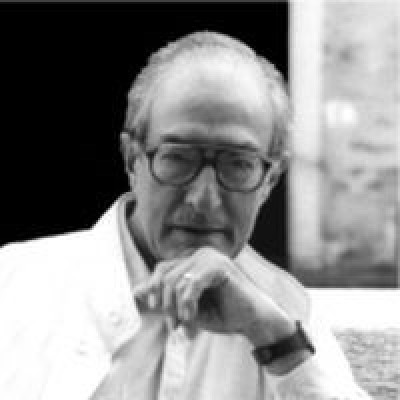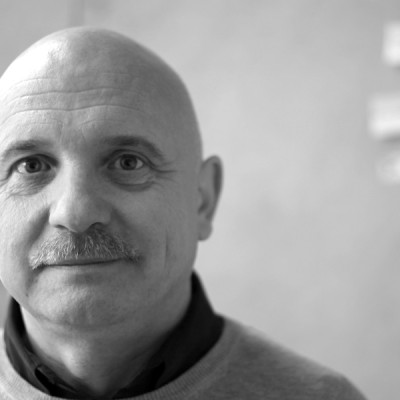
Paolo Barbaro
Tiziano Scarpa
Where the lagoon of Venice is lost between mudflats and sandbanks, the Last Islands appear, inhabited by an amphibious humanity, which wants to resist the homologation of urban development, but ends up not being able to escape history.
It is here that Paolo Barbaro, a young engineer, is confronted with a precariousness that pervades matter and human relationships. In a kaleidoscope of departures and returns that unfold over three stories, Barbaro digs into the bowels of post-war Venice, crowded and chaotic, narrating with a unique style a world on the brink of disappearance. A fresco that unexpectedly projects us into the Venice of the future, which will only be able to found its future starting from the inseparable bond between water and its people. With this text, winner of the Comisso Prize in 1992, we propose once again an author of great literary sensitivity, a profound connoisseur of Venice, unjustly forgotten by the publishing world.
The text is accompanied by a preface by Tiziano Scarpa.






